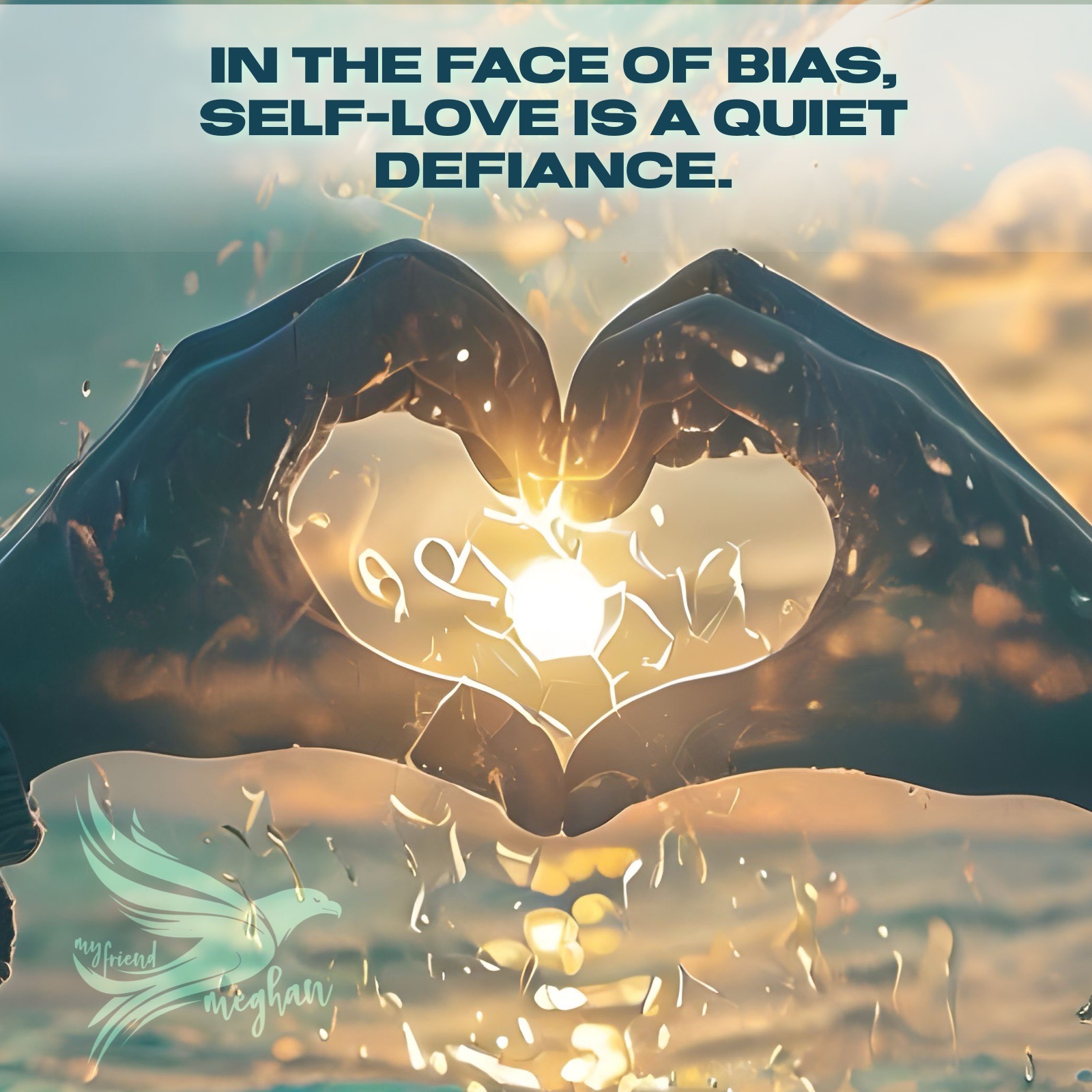In a world that’s constantly bombarding us with messages of who we should be, how we should look, and what we should strive for, it’s easy to feel lost—or worse, shamed. My recent experiences with both a popular social media platform and a well-known yoga app reminded me just how prevalent body shaming and bias remain in our society, even among organizations that claim to be inclusive and supportive.
Experiencing Discrimination on Social Media
It started with an ad on a popular social media platform. As someone who has spent years curating my feed to avoid unwanted ads, especially those related to clothing or diet, I was caught off guard when a plus-size clothing ad featuring a beautiful, confident woman appeared. The ad was visually stunning, and for a moment, I was able to simply appreciate her confidence and the design that accentuated her curves. But after a few more interactions, the algorithm shifted, and suddenly I was bombarded with weight loss and diet-related ads, none of which reflected my values or intentions.
This situation highlighted a larger issue: when algorithms and organizations, like this social media platform, become “enlightened” in one area, they often remain blind to their culpability in another. It was disheartening to see targeted bullying and body shaming delivered under the guise of helpful content.
The Yoga App Disappointment
As a result of one of the unwanted ads, I decided to check out a popular yoga app, hoping to find a welcoming space for someone like me—a generously proportioned woman who, despite her size, has cultivated deep self-love and acceptance. I’ve been on a long, personal healing journey, and I wanted to engage in yoga without the weight loss narrative attached.
But what I encountered was the complete opposite. Before even seeing the app’s offerings, I was required to input physical details—weight, height, goals—all with an underlying assumption that I must want to lose weight. As if my body, which has carried me through some of the most difficult challenges of my life, was something to be fixed rather than celebrated. To make matters worse, the app’s weight limit didn’t even include my size, further reinforcing the idea that people like me didn’t belong.
Three strikes of body shaming later, I deleted the app.
Reflecting on Social Biases and the Need for Self-Advocacy
What struck me most about these experiences wasn’t the shame they could have triggered—because that’s a place I’ve worked hard to move beyond—but the injustice of it all. It reminded me how easy it is for society to turn a blind eye to biases it deems acceptable. Just as certain prejudices were once normalized in our history, body shaming and diet culture have become socially accepted forms of bias today.
But here’s the thing: I refuse to accept that narrative. I love my body—this body that has sustained me through grief, depression, and healing. And I choose to advocate for it, not against it.
We need to challenge the assumptions that others project onto us, whether they stem from algorithms or well-meaning but misguided health apps. We need to reflect on our own biases too—where are we unintentionally causing harm? How can we show love and acceptance, even to those whose paths we haven’t walked?
Conclusion
I’ve learned that self-love and self-advocacy are not just personal goals; they’re acts of resistance against a society that too often seeks to shame rather than uplift. My hope is that by sharing my experience, others will feel empowered to recognize their worth, speak up against discrimination, and, most importantly, love themselves exactly as they are.
Actionable Insights
Honor your body’s story. Take a moment to reflect on everything your body has carried you through—physically, emotionally, and spiritually. What can you do today to honor it?
Examine your own biases. We all carry biases, some more visible than others. Consider where you might unintentionally project your beliefs onto others. How can you create space for acceptance instead of judgment?
Self-advocate without apology. Whether it’s refusing to engage with harmful media or standing up for your values, self-advocacy is an act of self-love. Where in your life do you need to advocate for yourself more?


Leave a Reply